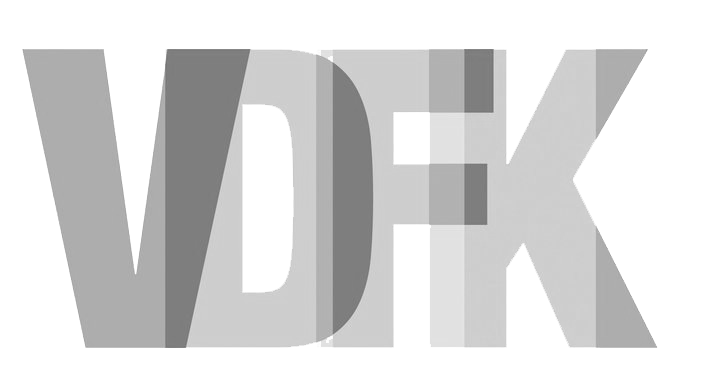Magazine 2023
Editorial
The long movie nights of the Berlin Critics’ Week are an invitation to converse. We create encounters with films on the screen as much as with guests on the stage – and often we can’t foresee what they will have to say to each other. We suggest that they be open to one other; get to know one other. In our cinema, we discover questions and in many cases inspiration for coming events. But our debates are usually not limited to the stage or the screen: They leave the building and vanish into the night, to resurface in the future. They inform the writing of some, lead to letters and friendships, and in some cases may even mark and irritate.
For the third time, we are presenting an online magazine to complement our events, alongside the video archive of our collected discussions on YouTube. In the magazine, you’ll find the writing of and dialogues with individuals for whom cinema – no matter what kind – matters. We asked our editor Patrick Holzapfel how these pieces came together, how they found him, and how he found them:
In this year’s online magazine, I’ve tried to bring together different voices from inside and outside cinema. The idea has been to create echo chambers reflecting on this year’s festival motto as well as on individual programs. Topics like sleeping, sexuality, mindfulness, nature, marginalisation and materiality appear in different contexts and are looked at from different perspectives. I’ve encouraged writing that is as free and open as possible.
My approach to editing has deliberately been quite personal and thus idiosyncratic. I think it’s very difficult in today’s fast-paced festival environment to have meaningful discussions, and so I wanted to have deeper conversations and correspondences that could still be of interest after the festival. I hope that what interested me is also interesting for festival-goers and more broadly those who like to connect the films they see with the world they live in.
There are correspondences about different forms of care in cinema. Together, Andréa Picard and I explored the difficulties and pleasures of writing about cinema, while Janneke van Dalen shared his many insights into archival film work. In both cases, ideas around regarding the protection of ideals collided with those of opening up in order to meet changing demands. It was a huge honour to correspond with Scottish poet and essayist Kathleen Jamie about different ways of seeing nature, something that is also changing tragically in today’s world.
There are also two interviews that give some context to our programs. One is with war journalist Till Mayer, who for years has been reporting from the Ukraine. He spoke with me about his work and what it means to make images in wartime.
Since we’re screening a film featuring a very, very special mattress, THE FIFTH THORACIC VERTEBRA, I wanted to learn more about the object most of us sleep on every night. So, I talked to Michael Stege, an expert in mattresses and a devoted partisan of sleeping culture.
During the festival, three further conversations will appear as podcasts all circling around different ideas of not caring about cinema.
The magazine also offers also some important statements on the state of cinema, including Roger Koza’s essay on the way in which European festivals deal with films from Latin America, or Tara Karajica’s reflection on what it means to be a mother in the world of film festivals and film criticism.
If all of this seems a little too close to home, then perhaps you’d like to let your imagination run wild with Christoph Huber’s amazing timeline of cinema set on Mars or the legendary Tumblr user Ozu’s Teapot screenshot extravaganza of fetishes in cinema.
In a longer essay, Alejandro Bachmann reflects on implications around the mediation and teaching of cinema. He understands the medium as a creator of correspondences and relations, a net in which every thread is meaningful and must be handled with care. This publication has been crafted as just such a net.
